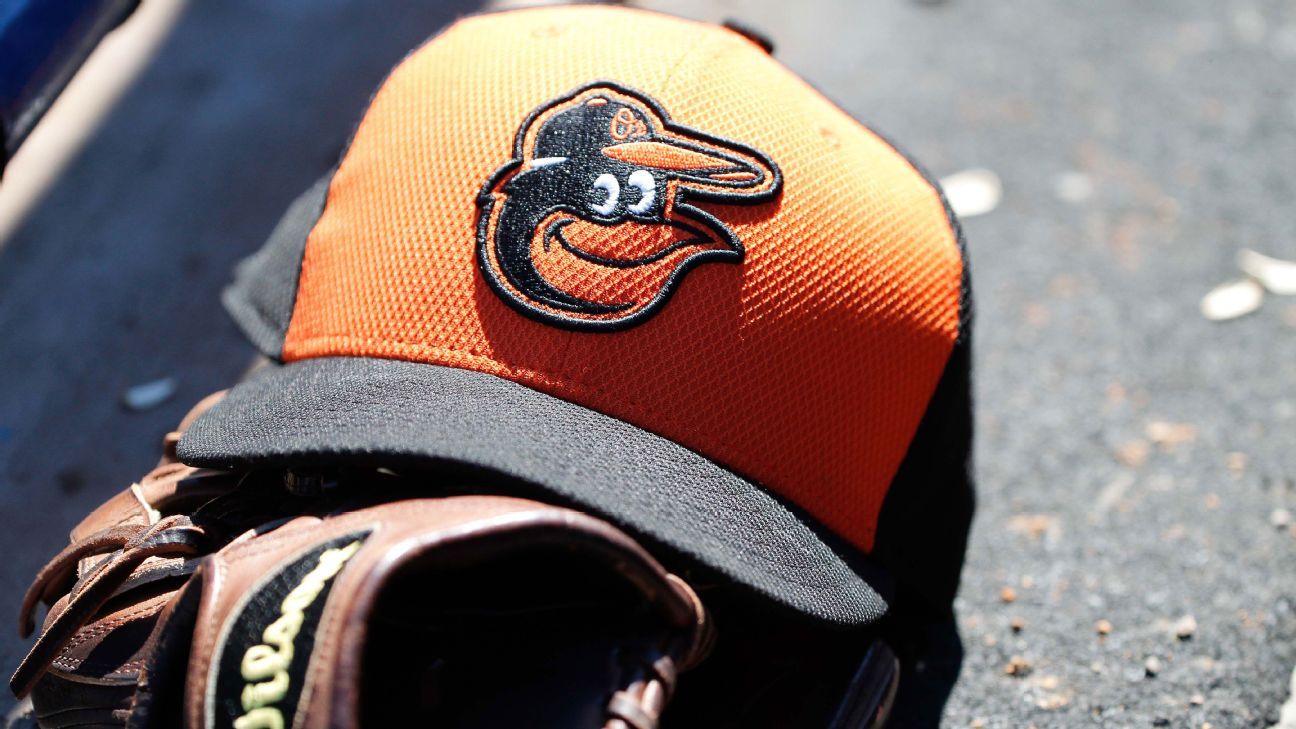
SNOHOMISH, Wash. — Toward the end of June, it appeared the NHRA was having a difficult time gaining traction.
The sanctioning body announced the coronavirus-triggered hiatus would end with an unprecedented July doubleheader at Lucas Oil Raceway, kicking off a schedule of 16 races in as many weekends through mid-November.
Twenty-two days later, that marathon lineup got a jolt with the cancellation of the July 31-Aug. 2 event at Seattle’s Pacific Raceways. The NHRA insisted on racing in front of spectators and Washington state officials wouldn’t permit it. Drag-racing’s TV package doesn’t offer the luxury of broadcasting events with empty grandstands. It needs a strong front gate to thrive.
So some wondered if the ambitious schedule was feasible because of various regulations in the 13 states in play. Why, they wondered, didn’t the sanctioning body suspend racing for the year and retool for the 2021 season?
NHRA President Glen Cromwell said all possible scenarios had “been on the table.” But he added, “We’re in a healthy position to weather the pandemic, whether it’s 2020 or 2021. The NHRA needs to make sure we give an opportunity for our race fans to see a sport that they love seeing. If we can do it in a safe manner, we have an obligation to do that. So that’s what we are planning on doing. If we can’t do it in a safe manner, then we’ll take the next steps.”
If regulations related to the coronavirus derail this third iteration of the schedule, Cromwell isn’t going to go down without a fight.
“We put a schedule out there and we feel comfortable (about) getting a schedule in. I think it’s important for the sport to be relevant and for the race teams,” Cromwell said. “We’re working with state and local governments and the CDC. And every state is different. Every state has different guidelines, and we need to follow those guidelines. That is our plan.
“We’re in a healthy position. We have run models for the best-case and worst-case scenarios, both for 2020 and ’21. We have to be a responsible sanctioning body, make sure that we remain stable, because that’s important. The tracks, the race teams, our partners, our sponsors, our race fans rely on the NHRA to be here for many years to come,” Cromwell noted. “Our leaders in our company have run financial models in every way possible to make sure that we remain healthy. I can assure you, we’ve run every model. We’re very comfortable with where we are. We’ve run the worst-case scenarios. So we know where we sit if that were to happen.”
Cromwell says there is risk involved.
“Everybody in the outdoor business has risk, whether it’s baseball, NASCAR or NHRA,” he said. “Every business has had to make changes to make sure they manage the balance sheet properly. We’ve made those changes and adjustments. We’re in a very comfortable and confident place that we’re here for many years to come.”
Cromwell discredits talk that the NHRA is on shaky financial footing.
“I know there has been a lot of rumors out there and those are false rumors,” he said. “I’ve heard them from numerous people, and they’re false. I don’t know where they’re getting that. That’s incorrect.”
Cromwell understands the mood of the fans, racers and marketing partners.
“People want certainty,” he said, “and we live in a very uncertain world right now at all levels. But I will tell you this: The NHRA is making decisions not just for the benefit of NHRA. We are on the phone. We are communicating daily with all of our stakeholders. And we are laying out all the models. We’re laying out all the risks, challenges, that lie ahead. And whether it’s our race teams, whether it is our race tracks, our sponsors, our employees, or our fans, we’re communicating the best we can to keep everybody up to speed on what our plans are.”
Cromwell posed and answered his own question.
“What would be a tougher story for you to run, if we cancel the entire season and we have nothing and other sports are up and running versus where we’re going today? I like where we’re going today,” Cromwell explained. “There are opportunities for our sport. If we were to go down that road and cancel it, NASCAR’s running. IndyCar’s running. Baseball’s playing a shortened schedule. Basketball, NHL are coming back. We’re in the entertainment business. And I think it’s imperative for us to be up and running in the safest manner as possible — which we are. We’ve got a lot of protocols. We’ve taken those proper steps. I think we’re in a good position.
“People can second-guess the direction we’re going, but I think it’s important for everybody in our sport to get back to racing. Writing a story that the NHRA is the only one who didn’t race this year and pulled the plug, I think that would not be a very good story.”















 Phone: (800) 737. 6040
Phone: (800) 737. 6040 Fax: (800) 825 5558
Fax: (800) 825 5558 Website:
Website:  Email:
Email: 






